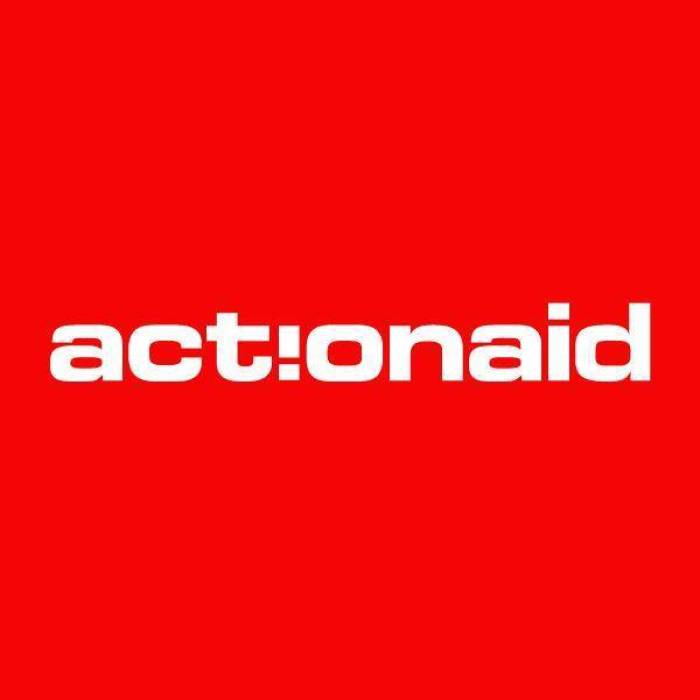A forum of stakeholders has urged the federal and state government to strengthen the implementation of the Child Rights Act (2003) in order to achieve better results in the protection of children in the country.
They made the call on Wednesday in Abuja at the linkage Meeting for Child Rights Implementation Committees (CRICs), in the FCT Abuja organized by ActionAid Nigeria (AAN) in partnership with European Union (EU) and the Ministry of Women Affairs.
The Co-chair of National Child Rights Implementation Committee (NCRIC), Dr. MacJohn Nwaobiala, lament the continuous abuse of children in the country including by learned or educated Nigerians.
He noted that Nigeria must addressed the challenge of having the highest number of out-of-school children in the world.
“I am not satisfied with the way children are being taken care of in this country. There are four pillars of rights for children; survival, protection, dissipation, and all these areas are not being thoroughly implemented in Nigeria,” Nwaobiala, a retired federal permanent secretary said.
He said there are lots of abuses of children across the country, including where one don’t expect children to be abused, especially in settings where the educated are perpetrators of such acts.
He said, “Look at the situation of the house-boys and house-girls people have in their homes, children on the streets, Nigeria has the highest number of out-of-school children globally, and also children are raped and abused, and there is a lot to be done, and it calls for a concern.”
He said government alone should not be left to address this issue but NGOs, traditional leaders, community members, religious organizations, and media should play active role to stem the tide and give children the needed protection as they are the building blocks of the society and its future.
Speaking earlier, the Programme Advisor, ActionAid Nigeria, Mr. Ubong Tommy, said there are identified challenges that brought about the meeting which include violence against children, cultural practices that endanger the lives of children, infanticide in and around FCT and other kinds of abuses against children.
He said that the objective of the meeting is to strengthen the capacity of the CRICs in Abaji, Abuja Municipal Area Council (AMAC), Kwali, Kuje, and Gwagwalada area councils to carry out their case management function, raise awareness on the Child Right Act 2003; provide a forum that brings together all CRICs across FCT.
He said the meeting was also aimed at building capacity of existing and newly formed CRIC on their roles and responsibilities; increase accountability for the protection of children in the FCT; and promote referrals.
“A meeting like this gives us the opportunity to bring all the various strata of this committee from the local, state, and national level together to be able to first of all share learning, information and bring up the issues hoping that the government officials, major stakeholders that are here will take up these issues.
“We believe that if this committee that is backed by Child Rights Act of 2003 is allowed to function effectively it will have a very positive impact on our fight to protect children in Nigeria,” Tommy said.
He said the meeting was strategically organised and targeted towards very key individuals in the FCT that can off-take the issues of children in the various FCT communities, and report them to the appropriate authority for action.
He noted that Nigeria is mandated to prepare certain documents as report to the African Union (AU), and a meeting like this will provide is needed to make those kinds of reports in order to get the desired attention expected.

 Join Daily Trust WhatsApp Community For Quick Access To News and Happenings Around You.
Join Daily Trust WhatsApp Community For Quick Access To News and Happenings Around You.


